Even for a virtual party conference, Boris Johnson’s speech to the Scottish Tories was a muted affair. As might be expected, the Prime Minister talked up the strength of the Union as demonstrated by the Covid-19 pandemic. Almost 2 million Scots had received a jab thanks to the 400 million vaccine doses secured by the Treasury’s deep pockets — proof, he said, of ‘the United Kingdom’s collective strength’. He took time to praise UK Armed Forces personnel, 500-strong at present, who are spread across 80 Army-established vaccination centres throughout Scotland. This of course was a reminder that the British Army had been there to pick up the slack when the Scottish Government failed to meet its first big vaccination target at the end of January.
Crediting the country for pulling together in the face of the pandemic, it showed, he contended, ‘that the great British spirit that saw us through so much adversary in the past, lives on in us today’. What also lives on is the tradition of Prime Ministers reminding the population north of the border just how much their economic viability is hinged on the strength and resources of the UK. He touted £13.3 billion for Scottish public services in the past year and more than £3 billion worth of loans for 90,000 private sector firms — in addition to the 900,000-plus jobs that rely on the furlough and self-employment programmes.
This was all well-trodden territory and it wasn’t until the third act of the speech that he arrived at what digital delegates will have been waiting for. He scolded the Nationalists for continuing to agitate for an independence referendum in the middle of a pandemic:
‘I just find it incredible then that the SNP would choose this moment to again push their campaign for separation. Just when everything is beginning to reopen again, when we will soon be reunited with our friends and family, the SNP think that this is the time to turn us all against one another — to start another political fight. Perhaps I shouldn’t be surprised: it is their party’s obsession. Yet surely even they have a sense of priority, of what is important right now?’
It should be said that, yes, the SNP is banging the drum for indyref2 amid a pandemic, but the party’s line is that the vote itself would not be held until the crisis is over. How exactly that would be defined — the end of the public health phase? The end of the economic recovery? — is another matter.
There are two points, distinct though interrelated, worth observing about the language used by the Prime Minister to talk about independence. First was his use of the second and third person:
‘Friends, you are the only party that can stop an SNP majority and their drive towards a second independence referendum.’
‘That is the goal for all of you in May and what is at stake. To stop an SNP majority government and secure Scotland’s and the whole of the UK’s economic recovery from the coronavirus pandemic.’ ‘
It is up to the Scottish Conservatives to again stop the SNP from winning a majority in May just like they did in 2016.’
I don’t think this phrasing was incidental. I suspect it was intended to shift the onus on stopping a second referendum from Westminster to Holyrood. This would appear to reflect the strategy commonly associated with Michael Gove and his former special adviser (now a No. 10 spad) Henry Newman, who are said to favour a ‘love-bombing’ approach to nationalism.
The second point to note is that, in part thanks to these distancing pronouns, the Prime Minister sounded like a commentator on events in Scotland rather than Scotland’s Prime Minister. When he claims that only the Scottish Tories can stop the SNP’s ‘drive towards a second independence referendum’, he is not only wrong in constitutional terms but in political terms, too. The constitution is reserved to Westminster. The question of whether to permit another referendum on breaking up the UK is entirely within Westminster’s gift, and there is no political or moral imperative that trumps that fact. This the Prime Minister ought to know.
The more pressing political problem is that, if indyref2 is a matter to be decided at Holyrood elections, rather than by Westminster, the Prime Minister risks tacitly conceding the SNP’s mandate argument. In doing so, he would also be buying into the notion that sovereignty lies with the Scottish people rather than the Crown-in-Parliament under God.
These matters are complicated by the Scottish Tories’ messaging for the Holyrood elections, which involves asserting both that Boris Johnson won’t allow a second referendum and that voters must back the Conservatives to stop the SNP getting said referendum. The Prime Minister’s rhetoric casts implicit doubt on the former contention. These could all be gambits in a game of 4D chess that I just can’t understand but I suspect not. I suspect that Scottish Conservatives’ messaging and the Prime Minister’s messaging are both incoherent in their own distinct ways.
It’s difficult to determine whether the Prime Minister is being badly advised in Westminster or in Edinburgh but there is no doubt he is being badly advised. ‘Love-bombing’ has a role to play in the fight to save the Union but so far all the mortars seem to be falling on the UK Government’s toes. The refusal to acknowledge and assert the constitutional black-and-white is taken by the SNP as a sign of weakness but that is unfair. It also reflects cowardice, listlessness and the absence of ideas beyond reheated think-tankery that wasn’t all that palatable when it was first plated up in the Cameron era. There are all sorts of reasons for the quagmire into which Union policy is sinking but chief among them are a lack of confidence, gumption, direction and determination. Downing Street does not know what it wants, other than for independence to go away, and has no clue how to achieve it, and when it finds someone in its midst who looks halfway capable of answering those questions, it manages to misplace them.
In the end, advisers merely advise and can only do so much without leadership. Boris Johnson has to decide whether the future of the Union is a matter for the Minister for the Union or something that should be left up to his party’s Scottish branch.
Got something to add? Join the discussion and comment below.
Get 10 issues for just $10
Subscribe to The Spectator Australia today for the next 10 magazine issues, plus full online access, for just $10.

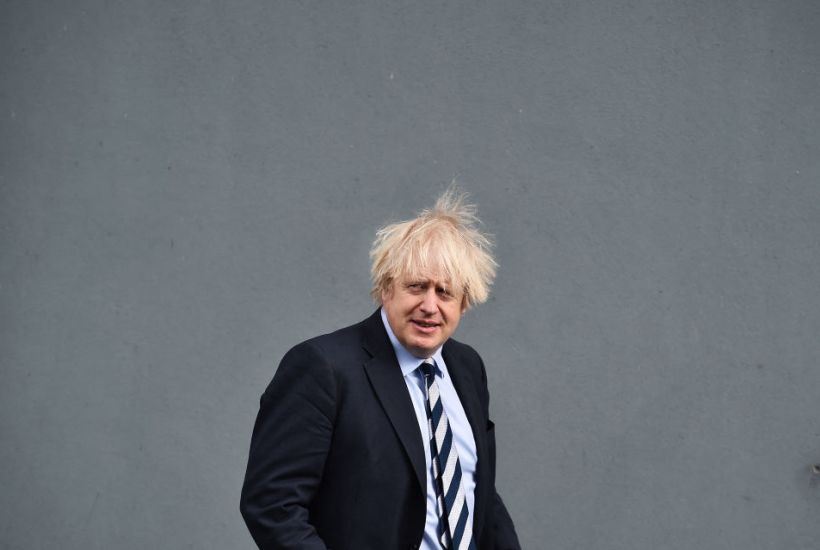
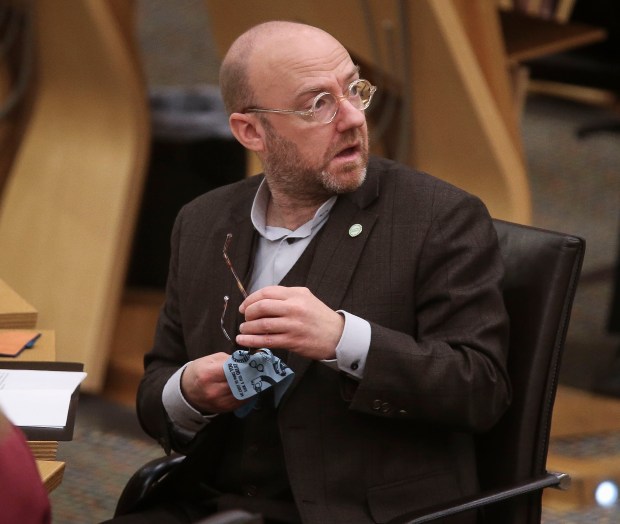
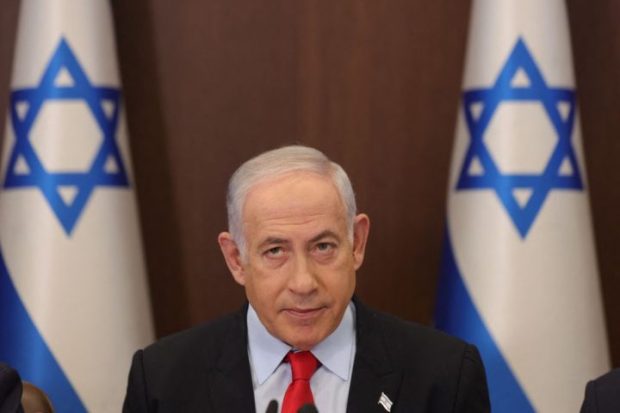

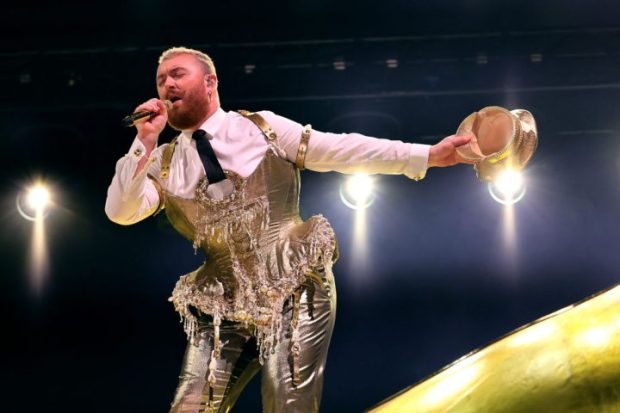
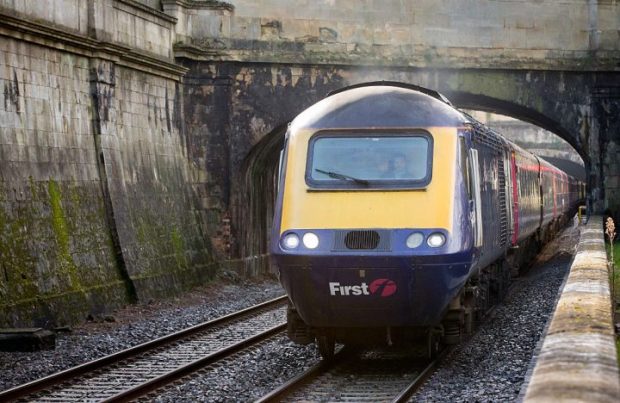
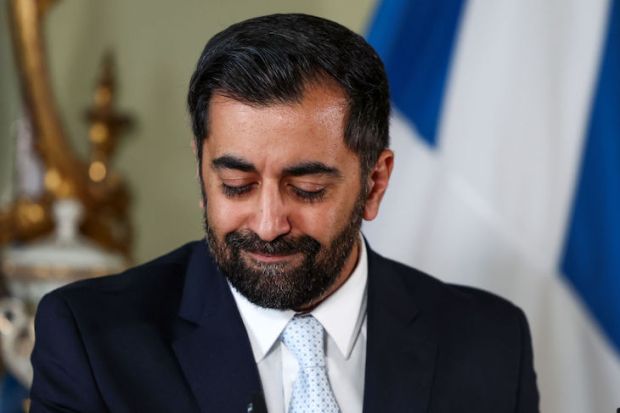












Comments
Don't miss out
Join the conversation with other Spectator Australia readers. Subscribe to leave a comment.
SUBSCRIBEAlready a subscriber? Log in